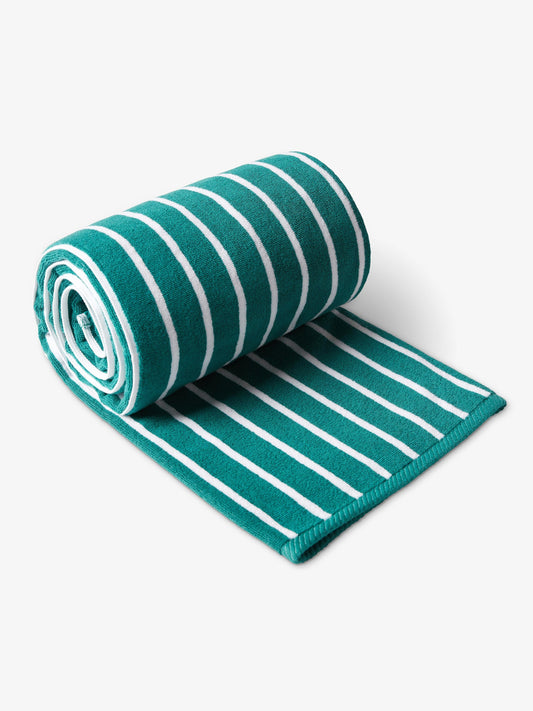🔂 🐝 🪱 🥦 🇺🇸 🧑🌾 🌊 ♻️ 📦 💧 🪴 ⬆️ 🌳
-
Mirena Turkish Towel, Beach Towel by turkanhome.com
Regular price $25.00 USDRegular priceUnit price per
 Sold out
Sold out -
Samara Sustainable Turkish Towel Pink by Eco Hilana
Regular price $37.50 USDRegular priceUnit price per$37.50 USDSale price $37.50 USD

-
Samara Gray - Orange Turkish Towel by Eco Hilana
Regular price $37.50 USDRegular priceUnit price per$37.50 USDSale price $37.50 USD
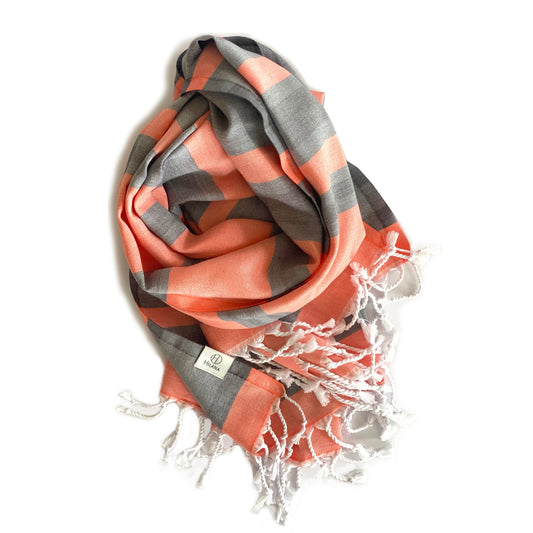
-
Samara Blue & Yellow Turkish Towel by Eco Hilana
Regular price $37.50 USDRegular priceUnit price per$37.50 USDSale price $37.50 USD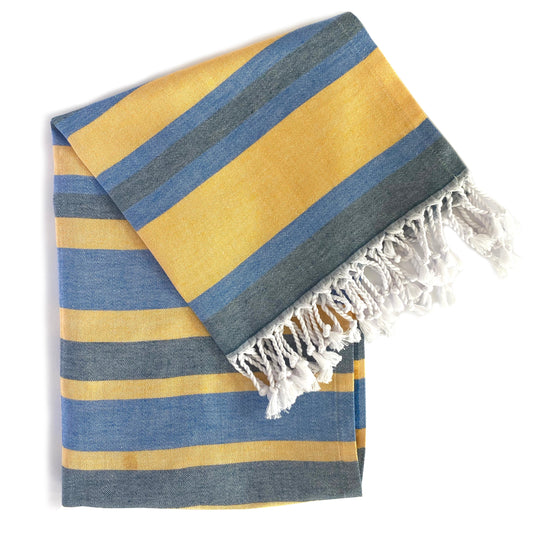
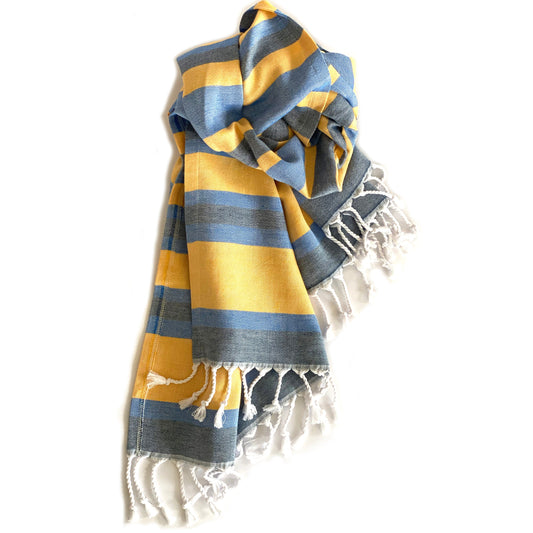
-
Samara Striped Sustainable Turkish Towel Green by Eco Hilana
Regular price $37.50 USDRegular priceUnit price per$37.50 USDSale price $37.50 USD

-
Casablanca Sustainable Striped Turkish Towel / Blanket by Eco Hilana
Regular price $37.50 USDRegular priceUnit price per
 Sold out
Sold out -
Martinica Hand-loomed Sustainable Turkish Towel -Black by Eco Hilana
Regular price $34.90 USDRegular priceUnit price per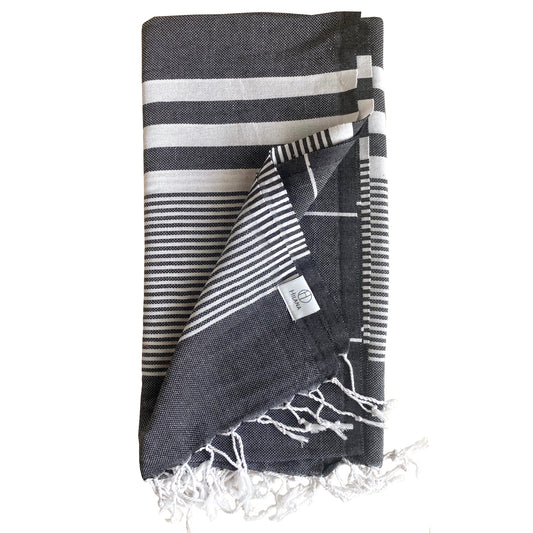
 Sold out
Sold out -
Pure Series Sustainable Turkish Towel Beige by Eco Hilana
Regular price $29.50 USDRegular priceUnit price per$29.50 USDSale price $29.50 USD

-
Pure Series: Sustainable Turkish Towel - Black by Eco Hilana
Regular price $29.50 USDRegular priceUnit price per$29.50 USDSale price $29.50 USD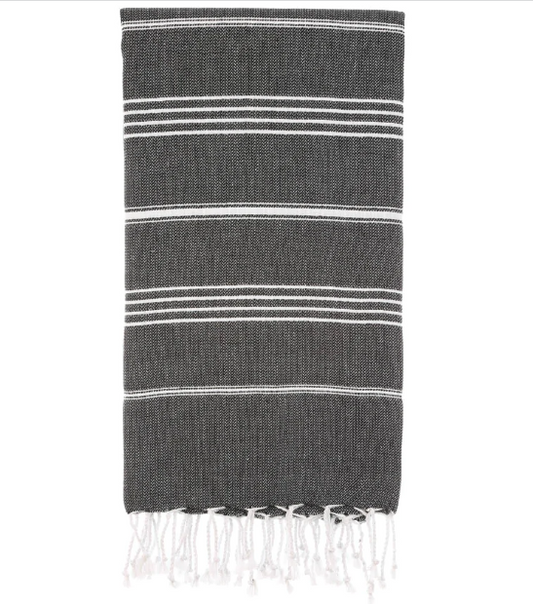
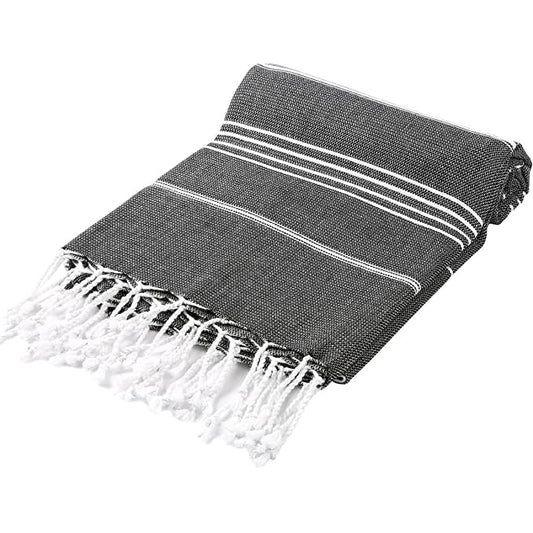
-
Pure Series: Sustainable Turkish Towel - Gray by Eco Hilana
Regular price $29.50 USDRegular priceUnit price per$29.50 USDSale price $29.50 USD
 Sold out
Sold out -
Casablanca Sustainable Turkish Towel / Blanket - Gray by Eco Hilana
Regular price $36.90 USDRegular priceUnit price per$36.90 USDSale price $36.90 USD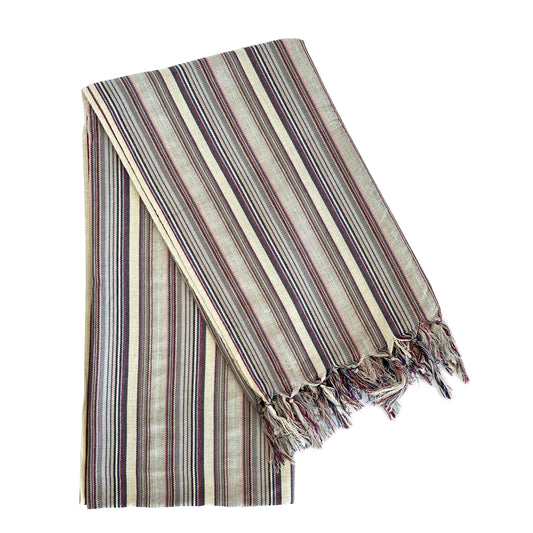
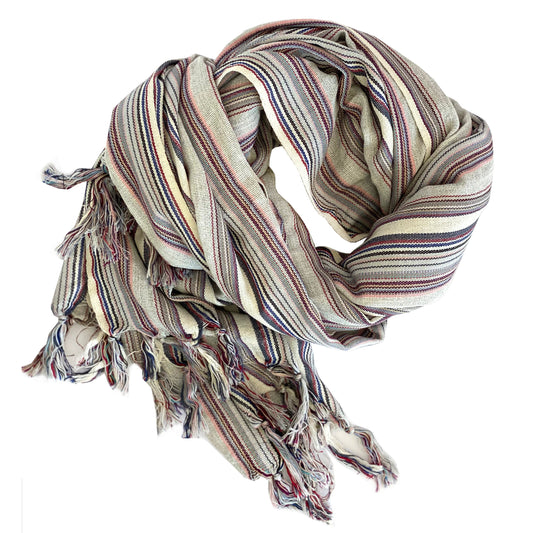
-
Casablanca Sustainable Turkish Towel / Blanket - Soft Pink by Eco Hilana
Regular price $36.90 USDRegular priceUnit price per$36.90 USDSale price $36.90 USD
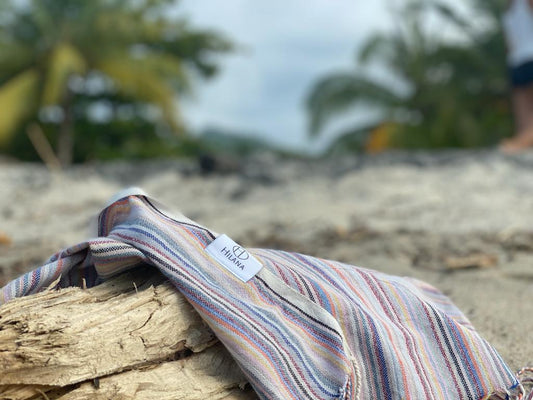
-
Merida Turkish Towel / Blanket - Blue by Eco Hilana
Regular price $45.50 USDRegular priceUnit price per

-
Merida Gray - Orange Turkish Towel / Blanket by Eco Hilana
Regular price $45.90 USDRegular priceUnit price per
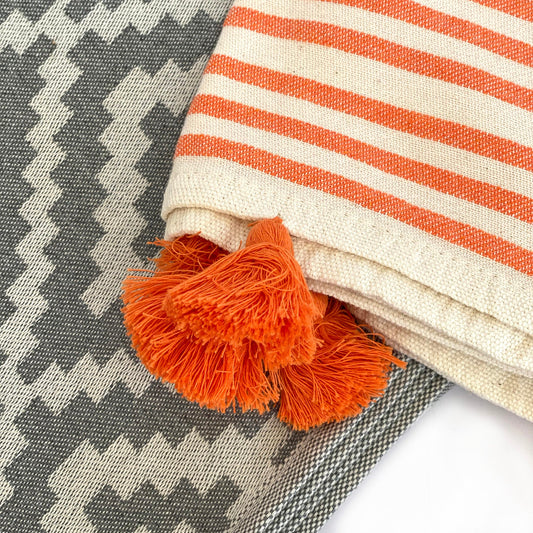
-
Casablanca Sustainable Turkish Towel / Blanket - Indigo by Eco Hilana
Regular price $36.90 USDRegular priceUnit price per$36.90 USDSale price $36.90 USD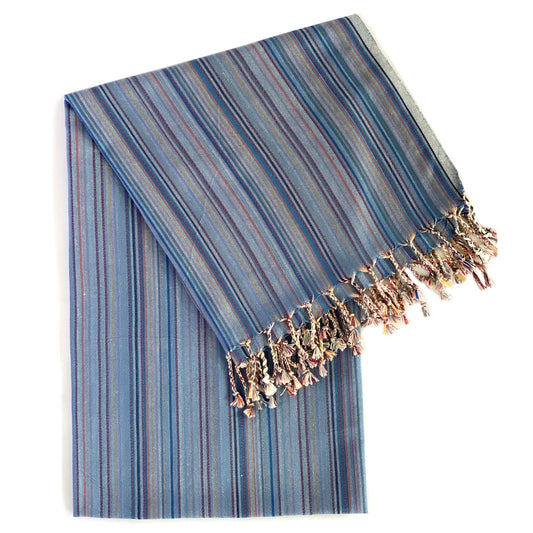

-
Mersin Chevron Towel / Blanket - Green by Eco Hilana
Regular price $34.90 USDRegular priceUnit price per$34.90 USDSale price $34.90 USD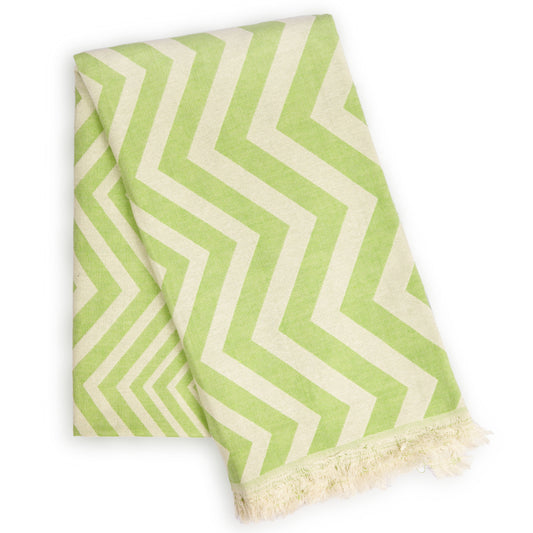
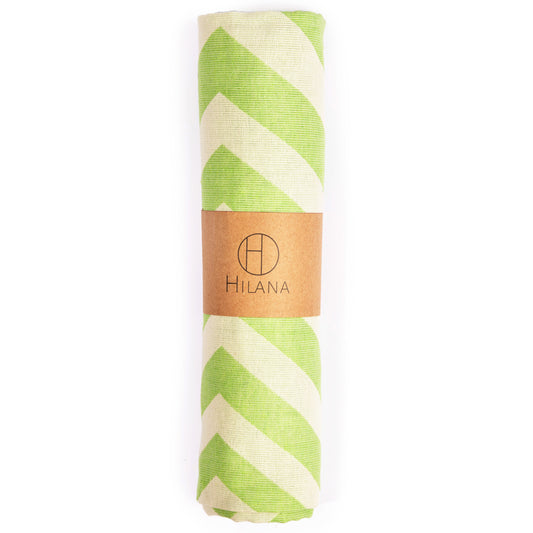
-
Veracruz Hooded Poncho Towel - Purple by Eco Hilana
Regular price $39.90 USDRegular priceUnit price per$39.90 USDSale price $39.90 USD

-
Laguna Blue Microfiber Beach Towel by Laguna Beach Textile Company
Regular price $33.75 USDRegular priceUnit price per
 Sold out
Sold out -
Sunshine Solana Cabana Beach Towel by Laguna Beach Textile Company
Regular price $55.00 USDRegular priceUnit price per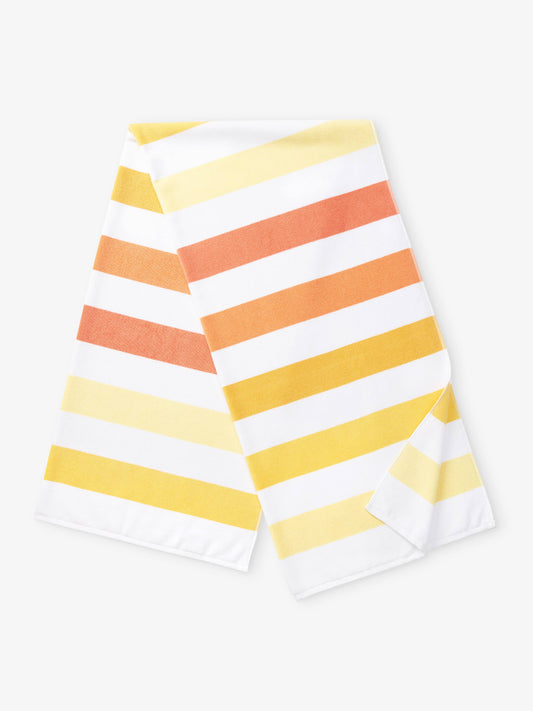

-
Pinwheel Solana Cabana Beach Towel by Laguna Beach Textile Company
Regular price $55.00 USDRegular priceUnit price per

-
Royal Blue Pinstripe Cabana Beach Towel by Laguna Beach Textile Company
Regular price $55.00 USDRegular priceUnit price per

-
Lagoon Solana Cabana Beach Towel by Laguna Beach Textile Company
Regular price $55.00 USDRegular priceUnit price per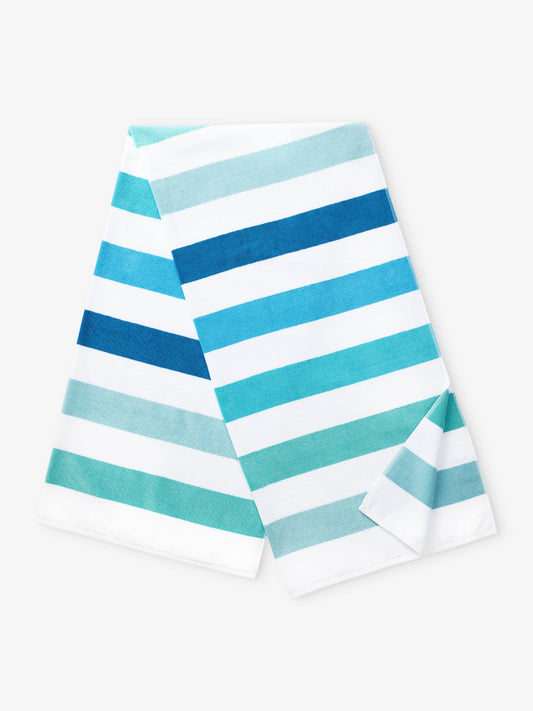

-
Sorbet Solana Cabana Beach Towel by Laguna Beach Textile Company
Regular price $55.00 USDRegular priceUnit price per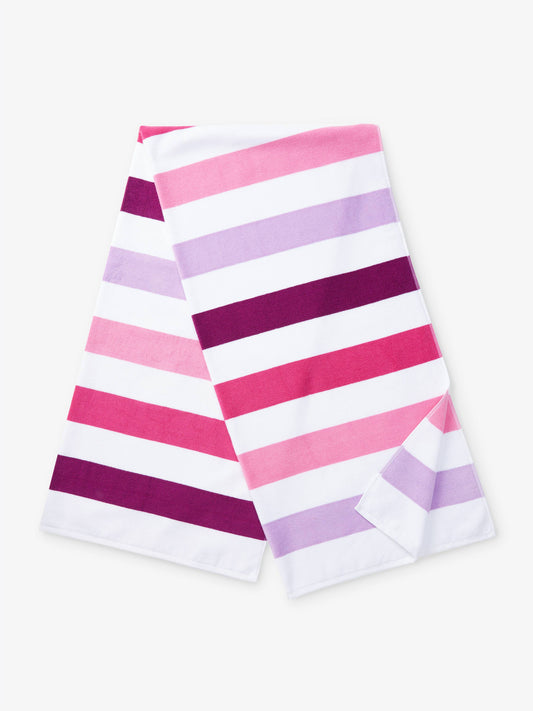
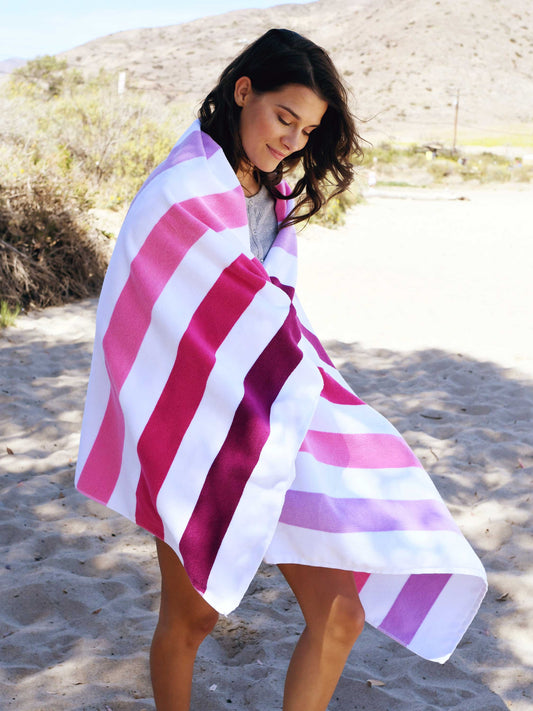
-
Sea Green Pinstripe Cabana Beach Towel by Laguna Beach Textile Company
Regular price $55.00 USDRegular priceUnit price per